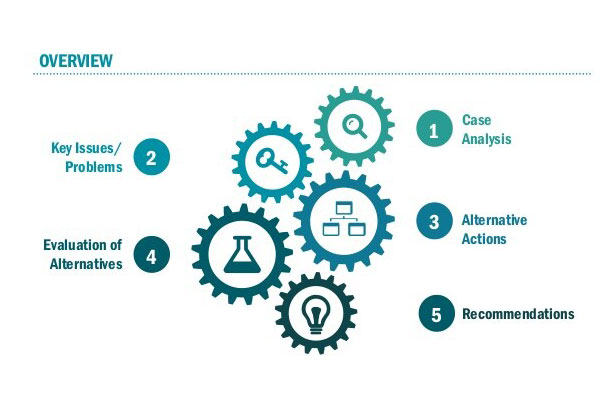“When the corona struck,the owner had to shut down the hotel. I now work as a CNG driver, but the money I make is insufficient to maintain my family and pay off the bills that have accumulated over the past two long years. I wish I could fall back on another ability”, says Mohammad Jobbar, cashier at a highway hotel.
The COVID-19 epidemic has presented Bangladesh, as with many other nations, with never-before-seen difficulties. Millions of people lost their jobs as a result of the pandemic, and businesses are still fighting to recover. Adversity, however, also presents a chance for development and transformation. The workforce’s upskilling is one such strategy for reviving the economy and battling unemployment. In this article, we will discuss the significance of upskilling in the quick-paced post-pandemic environment, its effects on Bangladesh’s unemployment, and how this strategy might help lower turnover rates.
Prior to the epidemic, Bangladesh was struggling with its high unemployment rate. This issue was made worse by the sudden global economic downturn that occurred during the epidemic, which resulted in significant job losses in numerous industries. The nation experienced a rise in unemployment rates as a result of firm closures or downsizing due to financial difficulties. As a result, it became even more important to tackle the problem of giving the workers viable employment possibilities.
Upskilling, the process of acquiring new skills or improving current ones, offers a potent remedy for Bangladesh’s unemployment problem. The need for a trained and adaptive workforce is growing as the globe enters an advanced technical and digital era. To maintain competitiveness in the labor market, businesses must invest in upskilling.
Right now, the skills gap is the utmost point of interest to focus on if we want to reduce the exponentially increasing percentage of unemployment in Bangladesh. Upskilling programmes can be created to provide the workforce with the essential knowledge and competences by determining the precise skills in need. Focusing on digital literacy, coding, data analysis, and e-commerce, for instance, can enable workers to get employment in emerging industries.
The significance of flexibility and resilience in the face of uncertainty has been highlighted by the pandemic. Through upskilling, individuals can foster a growth mentality and become more resilient. Workers may accept change, remain adaptable, and progress with the always changing working landscape by understanding how to learn.
After the epidemic, several industries and work needs changed considerably. While others have thrived, some industries have declined. In order to maintain their employability and support the general economic recovery, upskilling programmes can assist individuals in moving from lagging to growing industries.
Rasel Ahmed, Junior Accountant at a local company says, “As soon as the office closed during the pandemic and we switched to home office, the management realized that handling accounts is way easier through apps and they do not need a full team of accountants. I was fired…suddenly. I do not know any other job and my formal educational institutions never really taught skills appropriate for this progressive world. Couldn’t they arrange upskilling programs? I am tired of rejections and frustrated to a point where I don’t even want to drop CVs anymore.”
Remote employment, digitization, and automation define the post-pandemic world. The Bangladeshi workforce must develop skills in line with these new trends if it is to remain relevant and take advantage of opportunities. The ability to upskill enables people to embrace technological improvements and contribute significantly to the digital economy.
Industries all throughout the world have been transformed by technology. Upskilling in these fields, from artificial intelligence and machine learning to blockchain and the Internet of Things (IoT), can put Bangladeshi people in a position to take advantage of new and exciting career opportunities.
Not only does upskilling alleviate unemployment, it also significantly lowers turnover rates for firms in Bangladesh. How?
Employers who invest in the upskilling of their workforce show that they care about the professional development and welfare of their people. As a result, there is enhanced engagement and loyalty, which boosts job satisfaction and lowers turnover rates.
Employee knowledge and capacities are increased through upskilling, which boosts output and efficiency. Businesses may innovate, adjust to market shifts, and remain competitive with a trained workforce, thereby minimizing the need for layoffs during economic downturns.
Upskilling emerges as an effective method to combat unemployment and promote economic growth as Bangladesh navigates the difficulties of a post-pandemic environment. Upskilling programmes enable people to stay relevant in a labor market that is rapidly changing by bridging the skills gap, fostering resilience, and addressing industry shifts. Businesses who invest in the upskilling of their employees can also improve productivity, lower turnover rates, and increase employee engagement. Accepting upskilling is not simply a strategy to survive; it is also Bangladesh’s best chance at a bright future.
Author: Zinat Maliha
She is a Marketing Executive of Interactive cares and final year BBA student of IBA, Dhaka University.







































